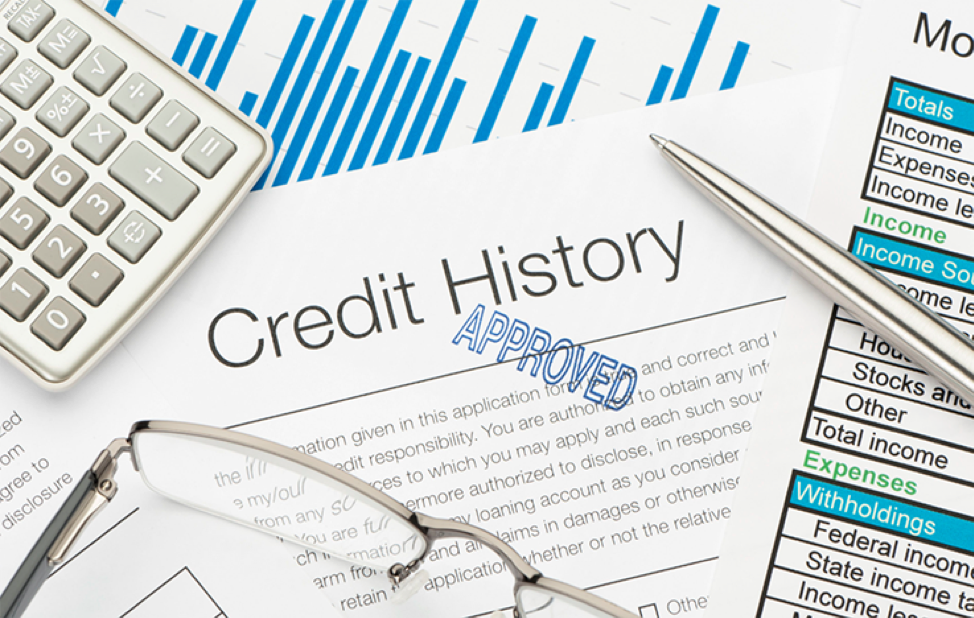Compare Secured vs Unsecured Loans: Which is Better for You?

The key to being a smart borrower is understanding your options and knowing what kinds of loans are available to you. There are fixed-rate loans, student loans, debt consolidation loans, and the list goes on. While all these options may seem perplexing and even overwhelming at first glance, remember that the variety in loan types out there is actually a good thing.
It means there exists the perfect loan for your specific financial situation. In this article, we’re going to hone in on two popular types of loans: secured vs unsecured loans, weight the pros and cons, and review which might be the better option for you.
Secured Vs Unsecured Loan
Let’s dive right in with some basics. How is a secured loan different from an unsecured loan, and what are the pros and cons of each?
Secured Loans
A secured loan is exactly what it sounds like: it’s a loan that is secured and backed by some form of collateral, such as the borrower’s vehicle or house. Backing up your loan with a valuable asset gives lenders peace of mind because if you happen to default on the loan, they can simply reclaim the collateral, sell it, and recover the money owed.
If the asset does not completely cover the amount that was owed, you are still on the hook for paying back the rest.
The Benefits
You may be wondering, why would anyone risk having something as important as their home seized? After all, while we may consider ourselves responsible borrowers, life happens and there is always the possibility of defaulting on a loan. The answer is simple: interest rates.
Since you’re backing up your loan with valuable collateral, lenders will often offer lower interest rates than with unsecured loans. Another reason people choose to secure their loan is because their credit score may not permit them to get approved for an unsecured loan. It can also qualify borrowers for a greater loan limit.

The Downside
Using property as collateral is always risky business, no matter how financially stable you think you may be. Things can happen and you can never 100% rule out the possibility of defaulting on your loan, which would lead to your asset being seized. If the asset isn’t fully worth the amount of the loan, lenders can still come after you for the difference.
Unsecured Loans
Unlike a secured loan, an unsecured loan does not have any collateral backing it up. To get approved, lenders look at things like income and credit score to determine one’s ability to repay the loan. Even those with poor credit history can get approved for an unsecured loan, but interest rates will surely be higher.
Benefits
When looking at secured vs unsecured loans, it’s important to understand the benefits of each. A big advantage of unsecured loans is that you don’t need to own property or any valuable assets to take one out, but you will need proof of income to ensure you can pay it back. Having a good credit history will also help you get approved and secure a lower interest rate.
Another perk is the application process. Applying for an unsecured personal loan is much quicker and easier than applying for a secured loan.
The Downside
The biggest downside for taking out an unsecured loan is that you’re more likely to pay a higher interest rate since the lender doesn’t have any collateral in the case that you default on the loan. It can also be more challenging to get approved for an unsecured loan if you don’t have much of a credit history, in which case you would need a co-signer.

Bottom Line: Secured vs Unsecured Loans — Which is Better For You?
As you may be able to tell by now, which loan type you choose depends entirely upon your financial situation. Have excellent credit? An unsecured loan is your best bet. There’s no risk involved, you’re likely to get a low interest rate, and they’re easy and fast to apply for (just keep in mind that lenders do look at other factors, aside from credit).
Have terrible or no credit but own valuable property? Or maybe you’re confident in your ability to pay the loan back and want that sweet low interest rate. A secured loan might be the way to go.
It’s important to evaluate the pros and cons of each type of loan to determine which route you should take, than shop around to find the best lender for you.
Please consult with your attorney, financial consultant/planner, accountant, and/or tax advisor for advice concerning your particular circumstances. The information contained herein is for general informational and educational purposes only and should not be construed as professional, tax, financial or legal advice or a legal opinion on specific facts or circumstances. The information or opinions contained herein should not be construed by any consumer and/or prospective client as an offer to sell or the solicitation of an offer to buy any particular product or service.

